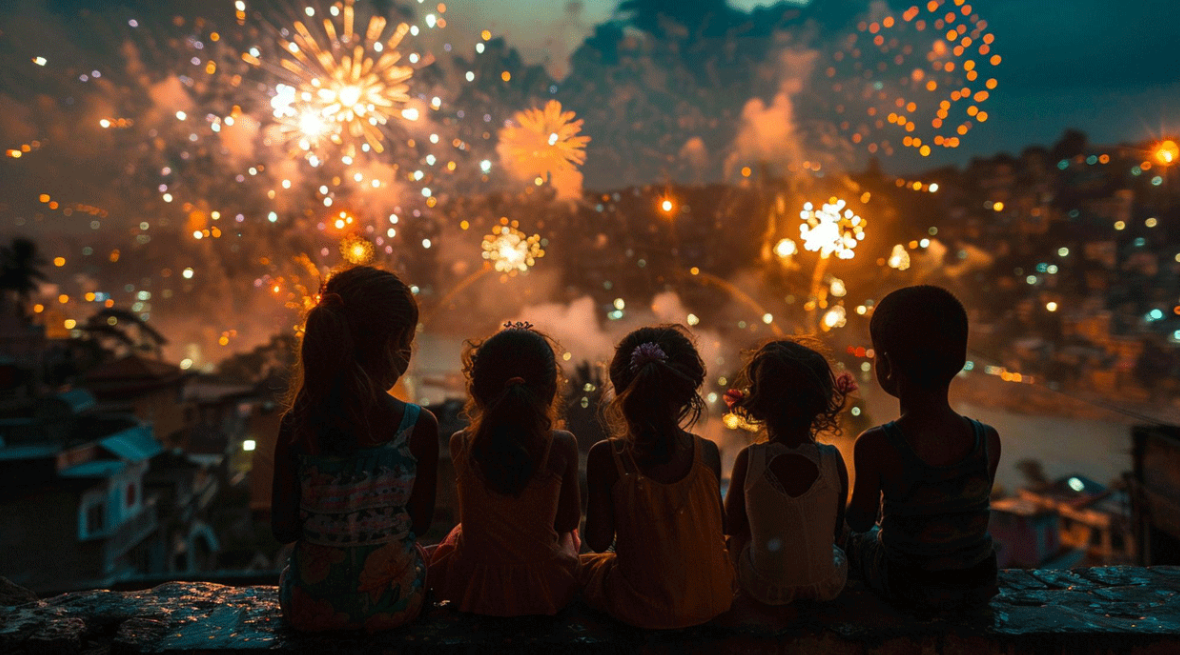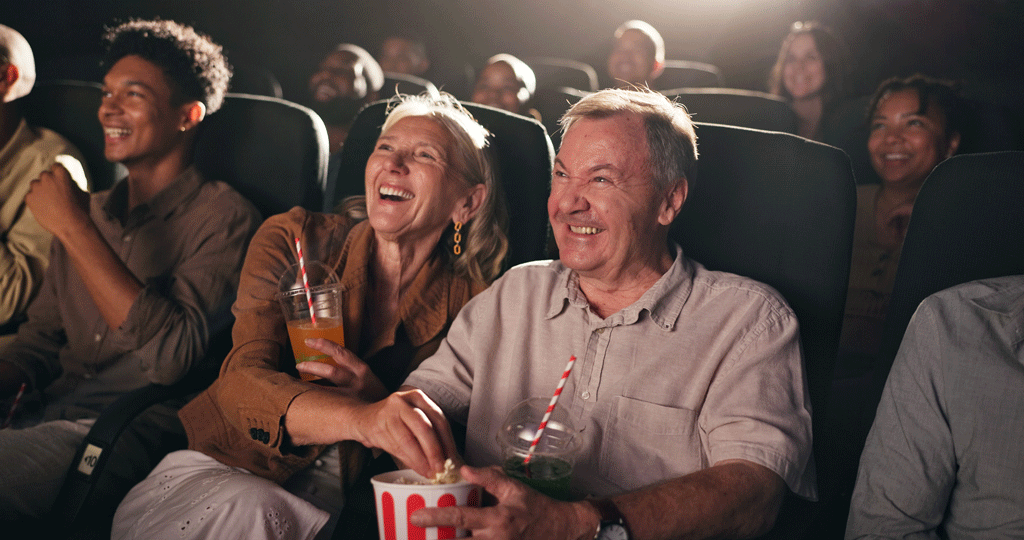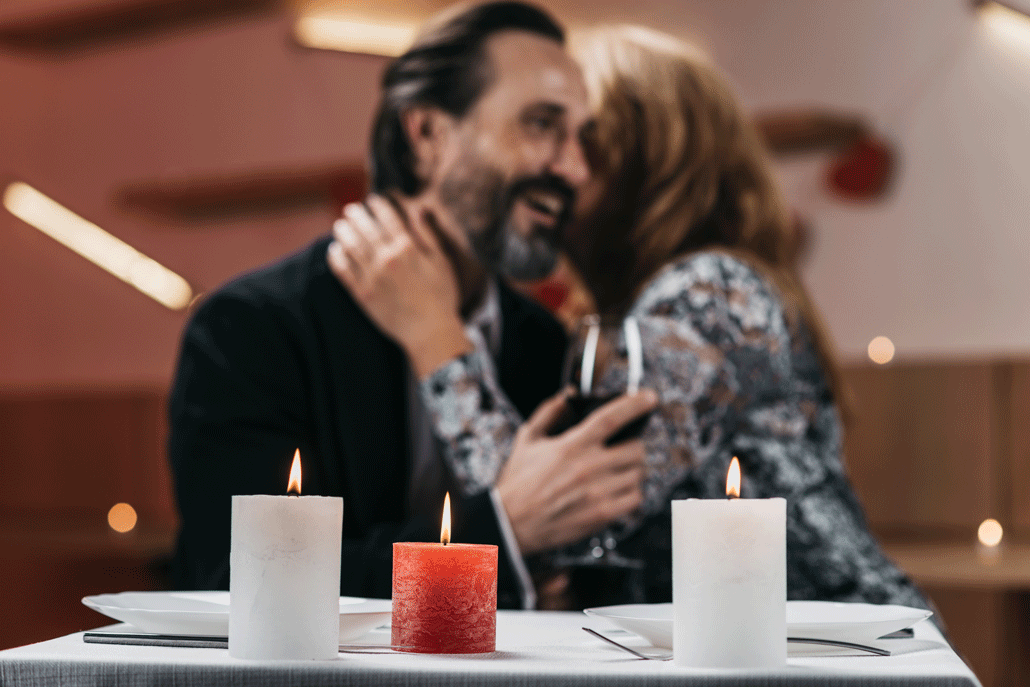What Is Auracast? How This New Hearing Technology Improves Hearing in Public Places
What Is Auracast? How New Bluetooth Technology Could Transform Hearing in
Now part of the Beltone Hearing Care Network, visit www.beltonesound.com for a complete listing of all locations in the US


What Is Auracast? How New Bluetooth Technology Could Transform Hearing in

From Whispered Sweet Nothings to Loud Laughs: Protecting Your Hearing This

5 Hearing Health Tips to Start 2026 Off Strong A new year often brings a
Testimonials
For more than 40 years, families across the Willamette Valley have trusted Salem Audiology Clinic with their hearing care. Here’s what some of our patients have shared about their experience with us: